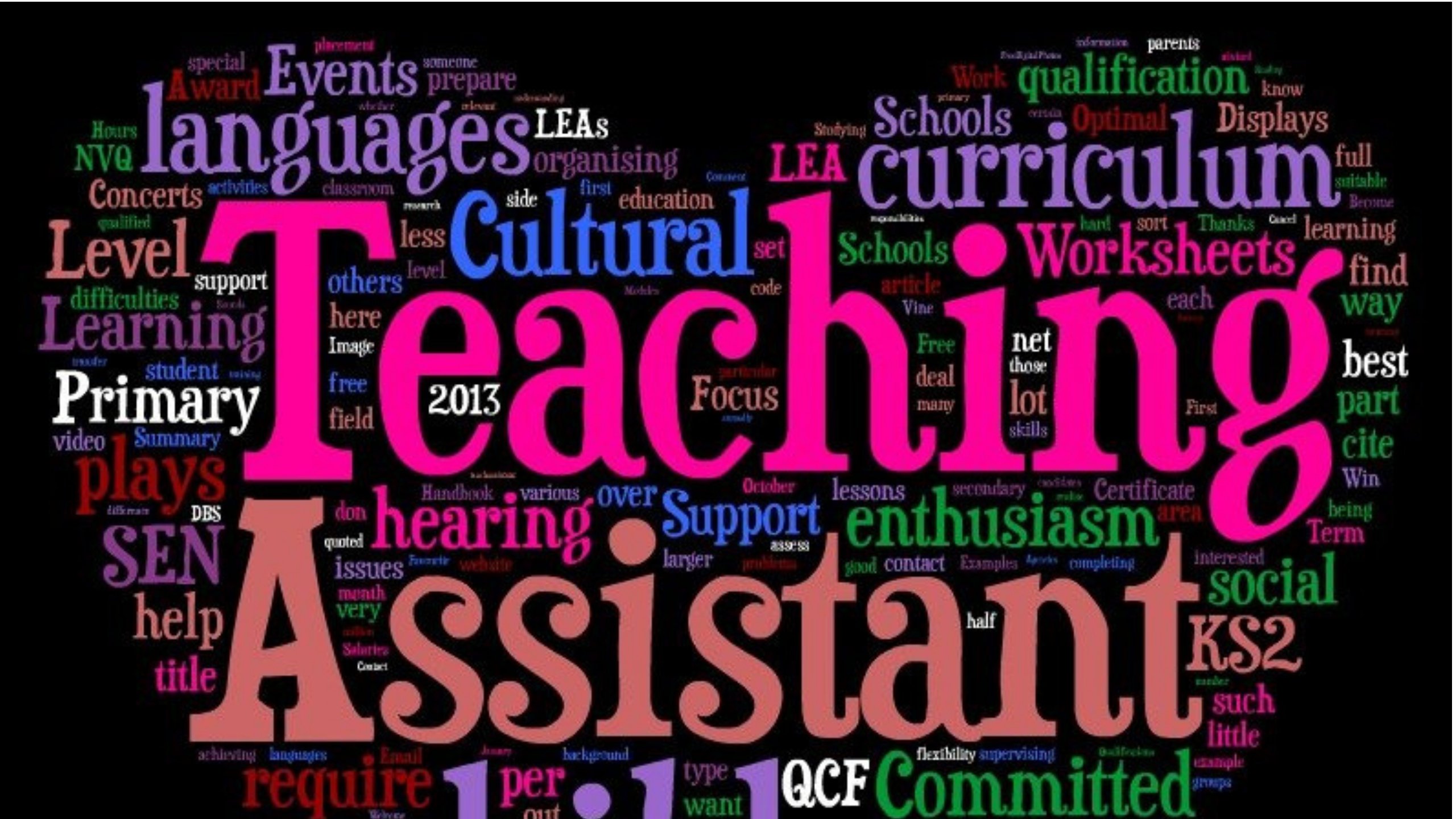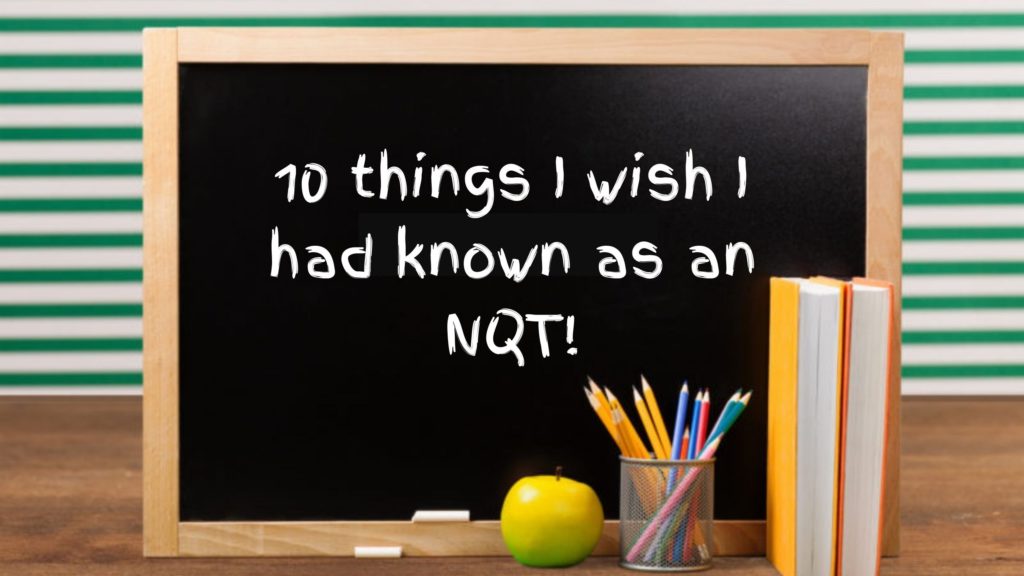What is a teaching assistant and how do I do it?

A teaching assistant is the most valuable resource that any classroom practitioner will have in their classroom and a role that is increasingly becoming more recognised, required and skilled in its own right.
A teaching assistant is just that, an assistant to the teacher; and as such being skilled, experienced and qualified to fulfil this role is becoming increasingly necessary.
Whether you are working alongside a teacher in a mainstream school, providing essential 1:1 support for a pupil with special educational needs or a disability, or delivering a specific area of the curriculum or leading and managing an area of the school, it is essential that you know the expectations of the role and the opportunity you have to bring your own skills.

What then is the role of a teaching assistant and how can you ensure that you are well prepared for being one in today’s schools and educational settings?
- Working alongside the class teacher in a mainstream school
The staffing structure of most schools allows for there to be an additional, non-pupil assigned teaching assistant in the classroom at least for part of the day if not all. This role requires a range of very specific skills, the main one being the ability to be flexible and to have fantastic interpersonal skills as you are not only working with up to 30 pupils but also of having a fairly intense working relationship with another adult, the class teacher.
This type of teaching assistant needs to be able to second guess situations, adapt and be responsive to the daily life within the classroom. You will be asked to support with planning, deliver an introduction and explain again the concepts to your group and mark, assess and outline next steps for the pupils you are in charge of.
- Providing essential 1:1 support for a pupil with special educational needs or a disability
This can be an incredibly rewarding position and one that can enable the pupil to truly achieve all they are capable of and to reach their targets. Working directly with a pupil often means that you are involved not only in the planning of the curriculum for them but also your input is needed at the planning and review meetings with the SENCO and often outside agencies and parents that support and now the child.
Patience, skills to negotiate and engage and a knowledge and understanding of the specific need or disability are all required for this role.

- Delivering a specific area of the curriculum and leading and managing an area of the school
Schools have many different facets and the development of how pupils research, record and present their work has meant that increasingly staff with technical skills are needed to support the leaners. More and more we are seeing schools with their own librarians, technicians for the computer suite, coaches skilled at refereeing and art specialists.
These roles are not always filled by teachers, more often than not it is a TA with the skills and experience to support in that area and the ability to equally relate to and understand how best children learn.
1. What are the expectations of the role?
The role is a key one in the school and there is an expectation that you work to support the children and colleagues and be an active part of the school community.
2. What skills do I need?
Just ensure that you are able to work collaboratively, sensitively and with a flexible approach.
3. How will I further develop?
There is usually the opportunity for specific professional development for all staff and TA’s are no exception. The school will have a development programme and all staff members will be set targets, be given the opportunity to attend training and courses and to be received on their progress.
For a lot of people being a TA is rewarding and enjoyable. It can provide the balance so often required for adults who would like to work in schools, but not as the teacher. This is definitely a role well worth looking into!








These responsibilities are quiets as important as they are also interesting.